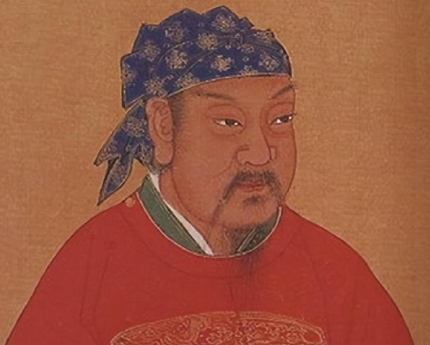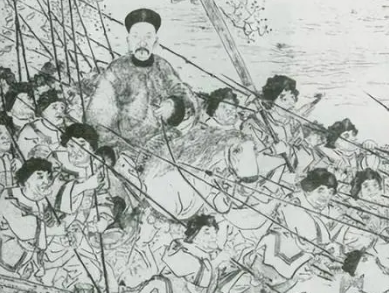The Song Dynasty (960-1279 AD) was a period of prosperity and growth in Chinese history, achieving remarkable achievements in politics, economy, culture, and other aspects. Especially in the industrial field, the Song Dynasty's development speed and technological innovation were remarkable, raising a historical question: Did the Song Dynasty almost trigger the Industrial Revolution? This article will explore the industrial development of the Song Dynasty and analyze its performance in technological innovation and industrial development.

I. Technological Innovation of the Song Dynasty
The Song Dynasty demonstrated strong strength in technological innovation. For example, the invention of movable type printing greatly promoted the dissemination of culture; the application of gunpowder not only changed the form of warfare, but also laid the foundation for later gun manufacturing; the improvement of the compass made navigation more accurate and promoted the development of maritime trade. These technological innovations provided strong support for industrial development.
II. Industrial Development of the Song Dynasty
In terms of industrial development, the Song Dynasty also achieved remarkable results. Industries such as mining, ceramics, and textiles flourished, and the production scale and technological level reached unprecedented heights. In particular, the ceramic industry, with its exquisite products, was exported overseas and became an important pillar of the Song Dynasty's foreign trade. In addition, the Song Dynasty also attached great importance to infrastructure construction and vigorously developed water conservancy, transportation and other undertakings, creating good conditions for industrial development.
III. Why the Song Dynasty Did Not Trigger the Industrial Revolution
Despite the remarkable achievements of the Song Dynasty in technological innovation and industrial development, it ultimately failed to trigger the Industrial Revolution. The reasons are as follows:
1. Social System Limitations: The feudal society's hierarchical system and land ownership restricted the development of productive forces and limited the process of industrialization.
2. Conservative Business Concepts: Although the Song Dynasty's commerce was prosperous, traditional Confucian concepts still dominated, and there were certain prejudices against the development of commerce and industry.
3. External Pressure: The Song Dynasty faced frequent wars and severe depletion of national strength due to threats from strong enemies such as Liao, Jin, and Mongolia, which affected the sustainability of industrial development.
IV. Conclusion
In summary, the Song Dynasty achieved remarkable achievements in industrial development, but due to limitations such as social systems, concepts, and external pressure, it ultimately failed to trigger the Industrial Revolution. However, the industrial development and technological innovation of the Song Dynasty have left valuable experiences and enlightenments for future generations, which are of great significance for studying the industrial development process of China and even the world.
Disclaimer: The above content is sourced from the internet and the copyright belongs to the original author. If there is any infringement of your original copyright, please inform us and we will delete the relevant content as soon as possible.
































